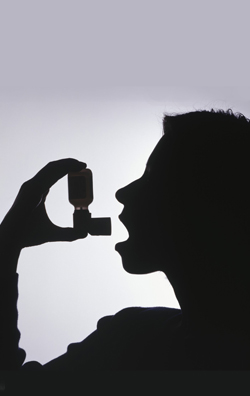
A study in New York City revealed a threefold higher risk of infection among pregnant women living in neighborhoods with the most crowded households. Poverty and unemployment also appeared to increase the likelihood of infection. SARS-CoV-2, which is the coronavirus that causes COVID-19, can spread when a person coughs or sneezes, when they make physical contact with someone else, and when they touch a surface that is contaminated with the virus. Past research has suggested that housing has a powerful influence on the transmission of infections that spread via physical contact and airborne droplets, such as tuberculosis. A new study by researchers at Columbia University Irving Medical Center in New York City, NY, suggests that this has contributed to a higher risk of hospitalization with and death from COVID-19 among people who live in the most deprived areas of cities. Out of the 396 women included in the study, 71 (17.9%) tested positive for the virus. The odds of infection were three times higher among women who lived in neighborhoods where the average number of people per household was high.
(Credits: www.medicalnewstoday.com)





